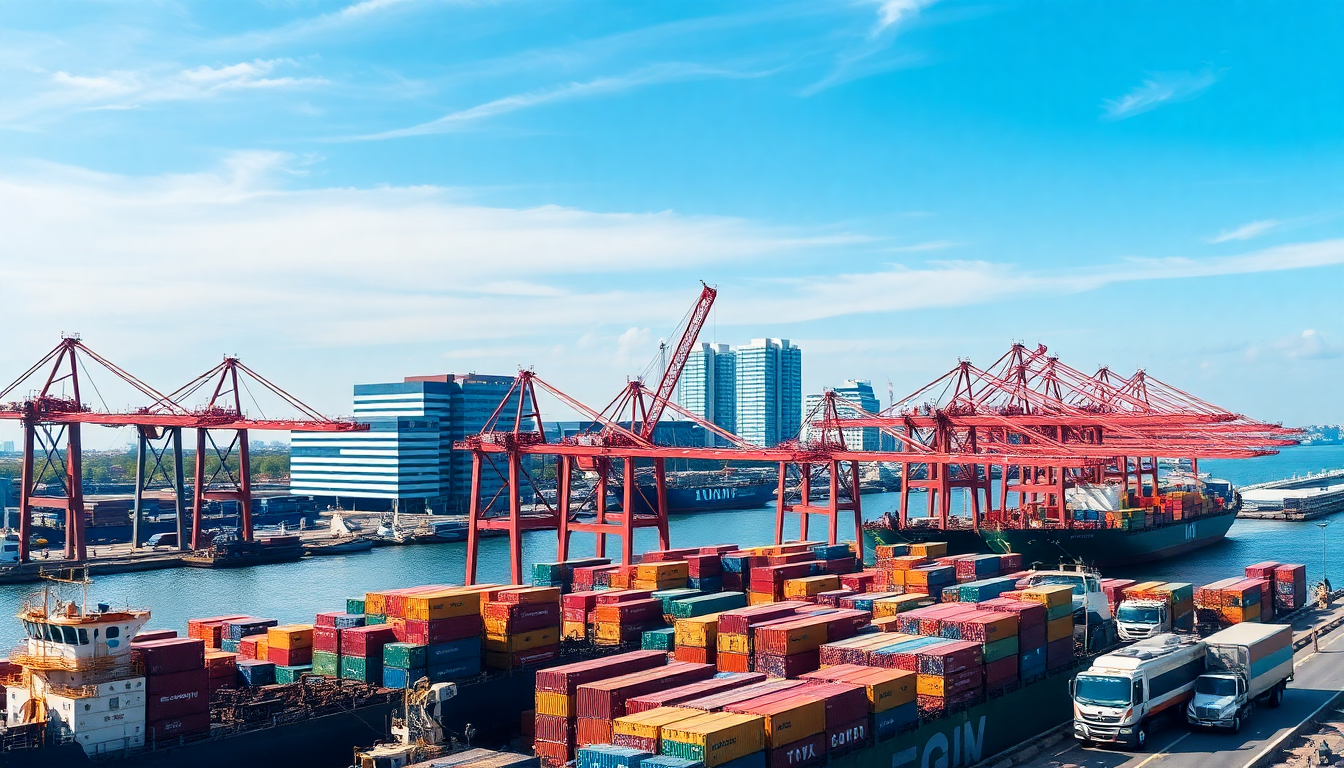Table of Contents
In today’s intricate geopolitical environment, countries often find themselves entangled in a web of mistrust, especially as tensions escalate in international relations. Recently, we’ve seen a pragmatic shift from Asian powers as they reassess their strategies in light of rising US tariffs.
This evolving landscape highlights how nations are not just reacting but actively leveraging their positions to navigate a changing global order. But what does this mean for the future?
Understanding the current geopolitical landscape
Experts point out that, despite a significant level of mutual distrust, many Asian nations view the increasing tariff pressures from the United States as an opportunity rather than a mere obstacle.
This outlook allows them to assert their sovereignty while exploring new avenues for economic collaboration. The implications of this shift go beyond just economic measures; they could lead to a strategic pivot that reshapes alliances and trade relationships. Isn’t that intriguing?
In a recent announcement, India’s Ministry of External Affairs shared plans to form an “expert group” to explore an “early harvest” approach for boundary delimitation in contentious areas.
This move marks a significant departure from previous strategies that emphasized comprehensive resolutions over incremental agreements. Focusing on less contentious sectors, particularly in the Sikkim region, suggests a readiness to make gradual progress, potentially fostering greater trust among the involved parties.
Concrete steps towards enhanced cooperation
Beyond boundary discussions, both nations have committed to taking “concrete” steps to boost trade and investment flows. This commitment highlights the importance of economic engagement as a means to ease tensions. By concentrating on tangible outcomes, both sides may discover common ground that facilitates broader cooperation across various sectors.
How essential is that in today’s climate?
The strategic importance of these discussions cannot be overstated. As countries navigate the complexities of global shifts, finding ways to collaborate—even amid suspicion—may be crucial for long-term stability. The establishment of these expert groups represents a proactive approach to resolving disputes while laying the groundwork for future economic partnerships.
It’s all about making those connections.
Looking ahead: the future of international relations
As we look to the future, it’s essential to keep an eye on how these developments unfold. The willingness of nations to engage in dialogue, despite existing tensions, will significantly influence the trajectory of international relations. Increased trade and investment collaboration could serve as a bedrock for improved diplomatic ties, paving the way for a more stable geopolitical landscape. What possibilities could arise from this newfound cooperation?
In conclusion, while deep-rooted mistrust continues to pose challenges, the strategic responses from nations reveal a broader understanding of the necessity for cooperation in our interconnected world. By capitalizing on economic opportunities and focusing on incremental progress, countries can navigate the complexities of global politics with an eye toward a more collaborative future. Isn’t that a hopeful perspective?





